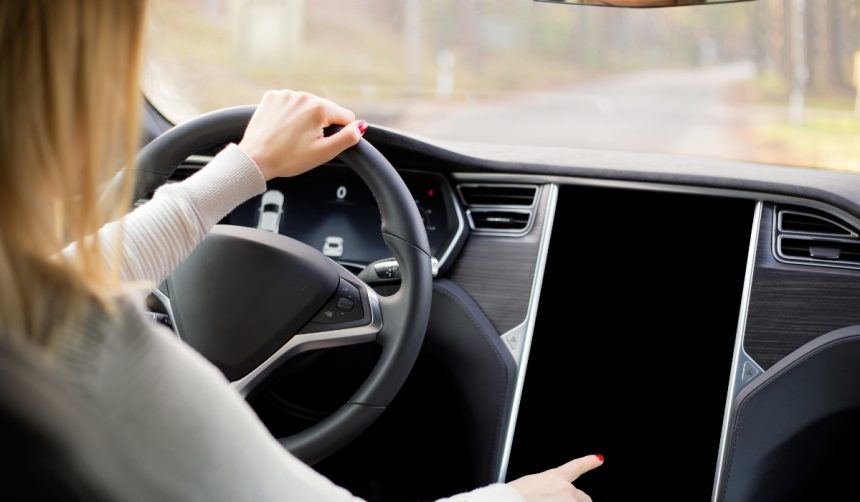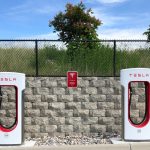Elon Musk’s leadership at Tesla attracts attention once again as the company proposes the 2025 CEO Performance Award—an incentive plan with unprecedented scale. This initiative, centered on long-term influence and strategic vision, arrives as discussions intensify around who will guide Tesla through a future defined by robotics and autonomous technologies. Investors and analysts are watching closely, noting how the balance of influence, accountability, and innovation may impact both Tesla’s trajectory and broader industry benchmarks. Public debate also swirls as the extraordinary figures attached to the proposal become a lightning rod for questions about executive compensation and corporate governance.
Tesla has introduced ambitious CEO compensation plans before, with Musk’s previous award drawing international attention for its large potential payout and its tough benchmarks. However, earlier iterations focused predominantly on financial metrics and company value. The 2025 proposal adds new angles, connecting Musk’s long-term incentives directly to Tesla’s developments in robotics and autonomous vehicle advancements—and openly prioritizing Musk’s say in how those products are managed. This shift marks a stronger link between corporate leadership stability and next-stage technology ambitions, which now go beyond electric vehicles into areas such as AI-driven robotics and full self-driving systems.
What Drives the Massive New Compensation Plan?
The current 2025 CEO Performance Award outlines a share-based potential payout that could reach as high as $900 billion in Tesla stock. This would require Tesla to reach an $8.5 trillion market capitalization, far surpassing today’s biggest companies. Musk, responding on X (formerly Twitter), explained his motivation for the proposal, pointing toward the risks posed by outside shareholder groups.
“It’s not about ‘compensation,’ but about me having enough influence over Tesla to ensure safety if we build millions of robots,”
he stated, stressing his desire for stability in Tesla’s direction as the company pursues new technologies.
How Are Tesla’s Goals Tied to Musk’s Influence?
Achieving the award’s terms would require Tesla to raise its operating profit to $400 billion annually, a figure dramatically above its current $17 billion. The structure of this package connects Musk’s growing influence to Tesla’s financial expansion, with his ownership share projected to climb from 13% to 25%. Tesla’s board underscored the stakes involved, noting the importance of Musk’s continued leadership to reach its boldest milestones. Musk himself, in conversation about possible board turnover or interventions, remarked,
“If I can just get kicked out in the future by activist shareholder advisory firms who don’t even own Tesla shares themselves, I’m not comfortable with that future.”
What Product Benchmarks Are Linked to the Award?
Beyond valuation and profit benchmarks, the award program connects compensation to several technology-driven goals. These involve cumulative deliveries of 20 million Tesla vehicles, growth in Full Self-Driving subscriptions to 10 million, and deployment of 1 million robots. A further milestone includes introducing 1 million Robotaxis, illustrating Tesla’s commitment to mobility automation as well as sustainable transport. The challenge ahead is not only financial performance but also successful implementation of new product lines in competitive and rapidly growing markets.
Setting such far-reaching goals comes as Tesla faces increasing pressure in both automotive and technology spheres. Firms such as Apple, Nvidia, and Microsoft maintain strong holds on their markets, and analysts question the feasibility of Tesla reaching such valuation heights. Still, Musk’s insistence on board influence and future leadership signals belief in the necessity of clear direction during pivotal expansion into robotics. These proposals come at a time when executive pay, board structure, and company missions are under scrutiny from institutional investors, advocacy groups, and shareholders worldwide. Evaluating the implications of awarding a large stake to a single leader, many weigh the importance of stability versus the need for strong checks and balances in corporate governance.
- Tesla links Musk’s compensation to financial and ambitious technology targets.
- Musk cites influence over Tesla’s future as primary motivation, not wealth.
- Critics and investors debate governance as Tesla raises executive reward stakes.










